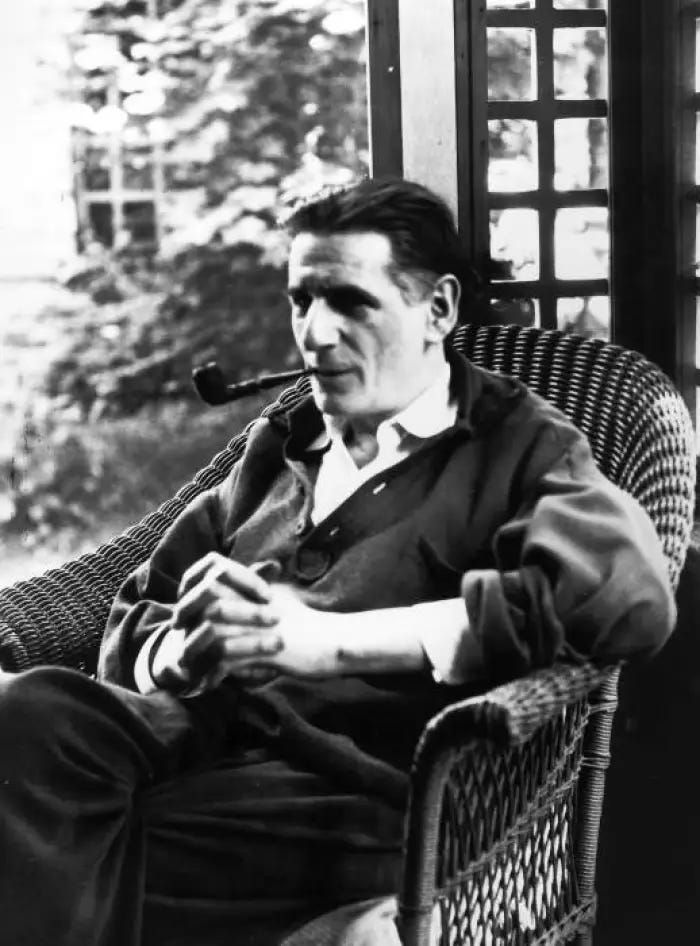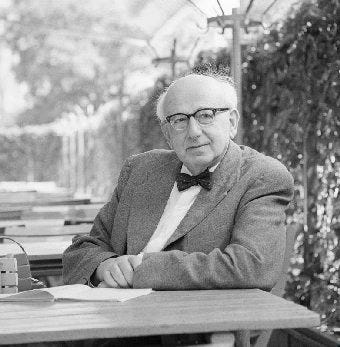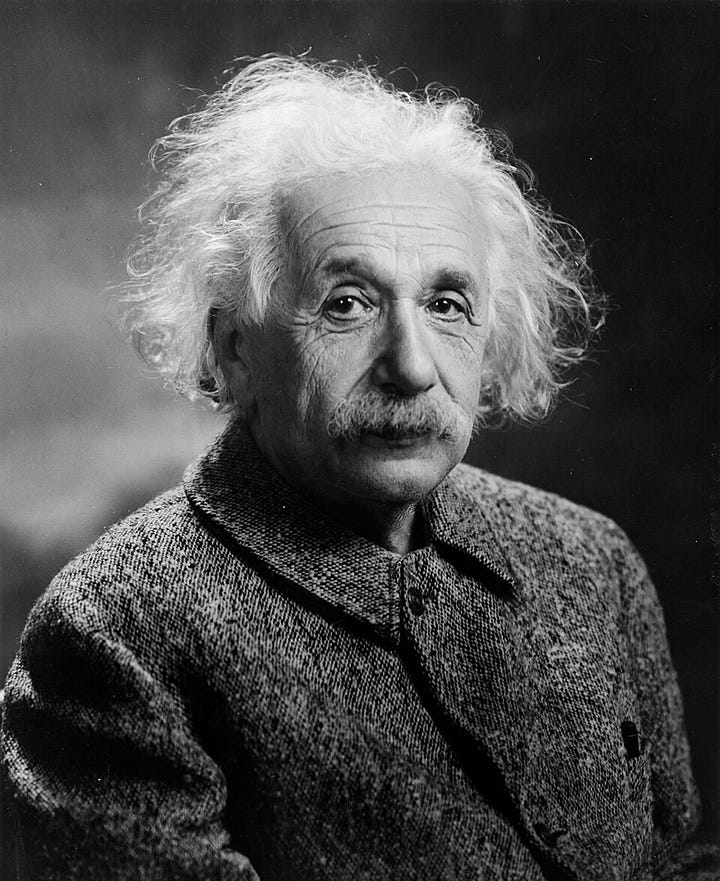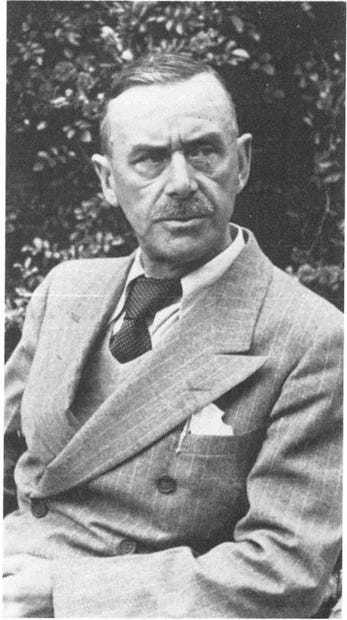Hermann Broch:
Musil’s “comédie humaine contains a world totality.” Musil’s “true homeland is culture itself, that sphere that reaches far beyond [the lost world of] Austria, even far beyond the realm of Europe”. Perhaps he was “the most exact creative writer that world literature has ever produced.... He allows for the irrational only in the shape of the infinite, namely in the infinite variables of ratio, for he knows about its divine work.” Musil’s work was “radically endless...itself a symbol of the timelessness it serves.”
Robert Neumann:
stepping down a few notches from the timeless-spaceless divine, declared Musil “without a doubt one of the most illustrious of the living writers of the continent,” comparing him to James Joyce, and declaring that when the time comes to write the literary history of Austria, Musil’s name will be remembered while many others will be rightly forgotten.
Albert Einstein to the Rockefeller Foundation:
Gentlemen:
I have been informed that Professor William Rappard in Geneva, Switzerland, has submitted to you an application for a grant to the distinguished austrian writer in exile Dr. Robert Musil, at present living in Geneva. My admiration for this man and his work encourages me to draw your attention to his case. I should be very glad if you schould find it within your possibilities so support the work of this artist.
Thomas Mann:
Mann wrote that in the “case of no other contemporary German writer” did he feel more certain of posterity’s acclaim. He continued:
The Man Without Qualities is without a doubt a great work of prose that ranks with the finest books our epoch has produced, a book that will outlast the decades and that will be held in the highest esteem in the future. At the appearance of its second volume, I called the novel ‘a literary undertaking, whose extraordinary nature, whose far-reaching significance for the development, elevation, and spiritualization of the German novel is unquestionable.’ I stand by these words today.
A work of imagistic intellectuality such as this one signifies no more and no less than a vindication of our deeply compromised epoch.








Nice to hear from Herman Broch. George Steiner introduced him to me in Language and Silence and I have dipped into The Death of Virgil (as I have- I confess- Man Without Qualities; haven't bought the right translation yet...). Will you be discussing Broch in your Musil biography?